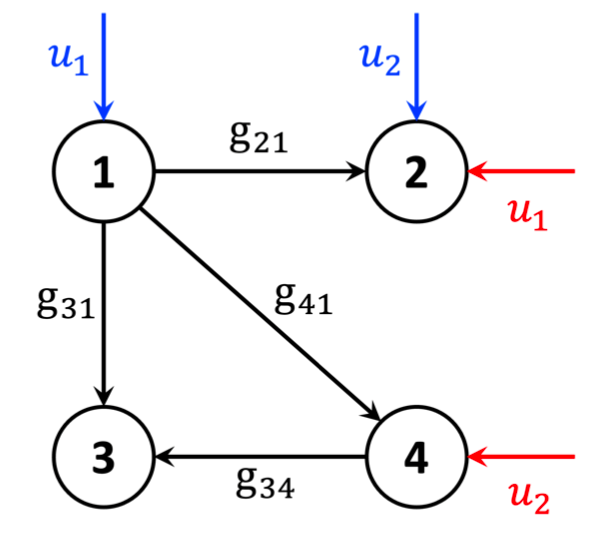When: Thursday 16th of March, 2pm AEDT
Where: This seminar will be partially presented at the Rose Street Seminar area (J04) and partially online via Zoom, RSVP here.
Speaker: Yijun Chen
Title: Network Learning from Best-Response Dynamics in Quadratic Games

Abstract:
This work covered in this talk considers a quadratic game over a network where each player’s payoff is a linear-quadratic function of her own action and other players’ actions. Each player participating in this game is assumed to play her best responses in a sequential decision process. Each player will decide her next action as the decision that maximizes her payoff given other players’ current. We assume that there is an adversary who does not know the game network structure but can observe all players’ best-response actions and manipulate some players’ actions. The aim of the adversary is to infer the game network structure.
First, we establish theoretic results that characterize network structure identifiability and provide numerical examples to demonstrate the usefulness of our theoretic results. Next, in the face of the inherent stability and sparsity constraints for the game network structure, we propose an information-theoretic stable and sparse system identification algorithm for learning the network structure. Finally, the effectiveness of the proposed learning algorithm is tested. The connection between network structure inference problem and classical system identification theory is covered by our work, which advances the literature.
Bio:
Yijun Chen received B.Eng. Degree in Digital Media Technology from Beijing University of Posts and Telecommunications, Beijing, China in 2019. She is currently working towards a Ph.D. Degree in Control Systems Engineering with the Australian Center for Field Robotics, School of Aerospace, Mechanical and Mechatronic Engineering, University of Sydney, Sydney, Australia. Her current research interests include multi-agent systems, systems control, game theory, and decision theory.
